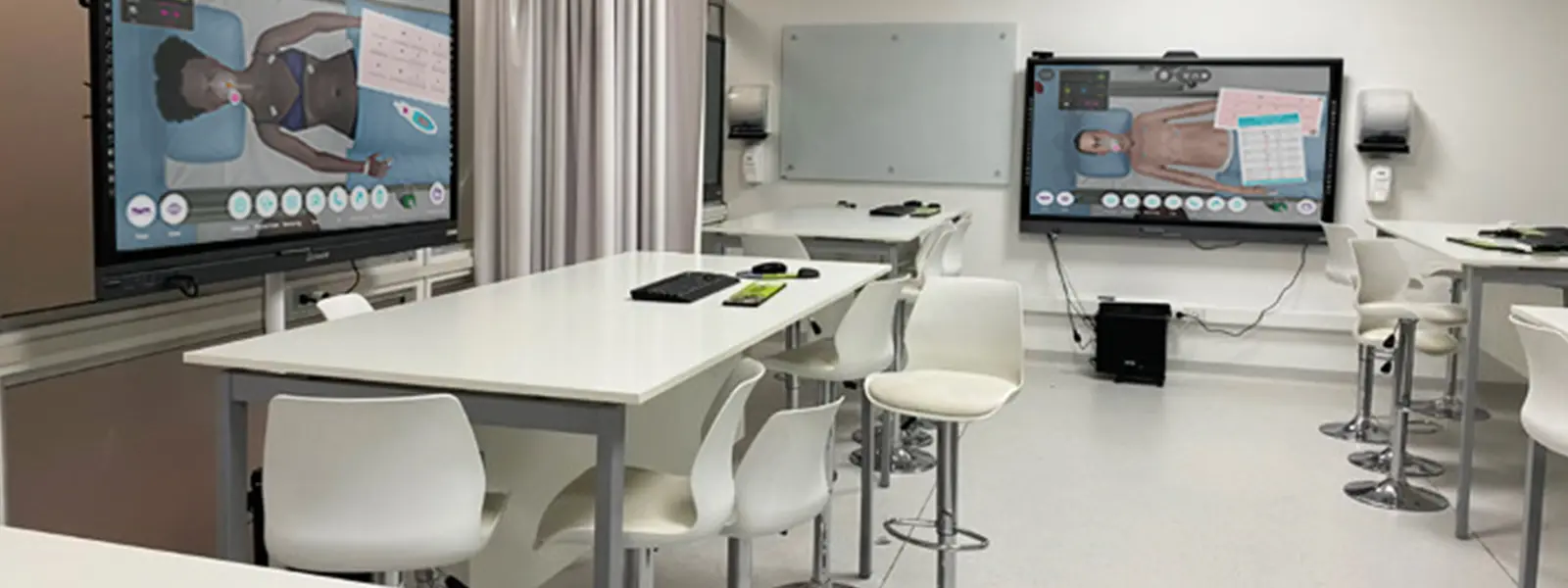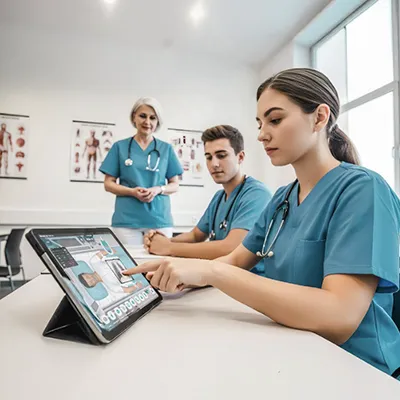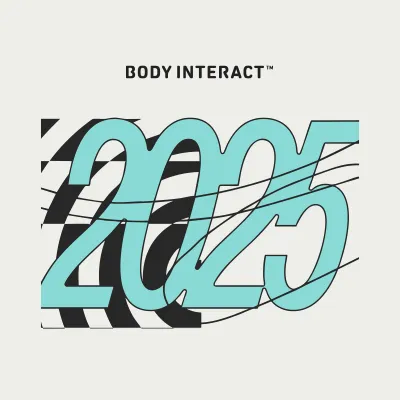Replacing clinical hours with Virtual Patient Simulation
The challenges associated with the return to face-to-face activities and the changes in the policies of access to clinical fields by undergraduate students have led educational institutions to seek simulation strategies to replace these clinical practice hours with other classroom activities.
In the opinion of the Vice-Dean of the Faculty of Health, University of Alba, Pamela Duarte Galleguillos, “Virtual Patient Simulation emerged as a fundamental tool to contribute to the solution of this problem”.
Get ready for clinical practice at University of Alba
Enhance knowledge, cognitive competencies, and social skills
With the implementation of a virtual simulation laboratory, future healthcare professionals from Chile can practice with life-like clinical scenarios from different medical specialties. Through Body Interact interactive software, learners develop clinical reasoning skills, reflective analysis, and teamwork.
Review the University experience with Body Interact through her video testimonial and understand how it has successfully contributed to the academic development of medical, nursing, and medical technologies students.
Implement a Virtual Simulation room
Critical thinking is essential to ensure high-quality patient care. By introducing Body Interact – Virtual Patient Simulator in the University Nursing, Medical, and Medical Technologies curriculum, students have the chance to practice in a risk-free environment. “They can make decisions and make wrong ones without harming the patient”, explained Prof. Pamela Duarte.
With 5 different sectors at University of Alba, teachers can separate their classes into teams and enable them to practice the same or a different clinical scenario. According to their learning needs and knowledge gaps, they are guided by an instructor who will facilitate a debriefing at the end of each scenario.
Due to the high positive impact on student performance and teachers’ class preparation, the University has already implemented the same Virtual Simulation room in their faculty in Santiago and in Serena. Two more faculties in Antifagarta and Tiar will see this room implemented shortly to ensure all students have the chance to be exposed to this tool and experience that in the words of the Professor “was the best tool” she could find “aligned with the university’s learning objectives”.
Lastly, the team support and teachers’ training ensured by the Body Interact customer support was also praised by the teacher and her team. It enables the university to “grow and expand in a very positive way”.
The blog article was written in collaboration with Jorge Gebauer Reinike (Academic Director of Skill Training Chile – Body Interact official partners)
By Rita Flores – Marketing Manager









